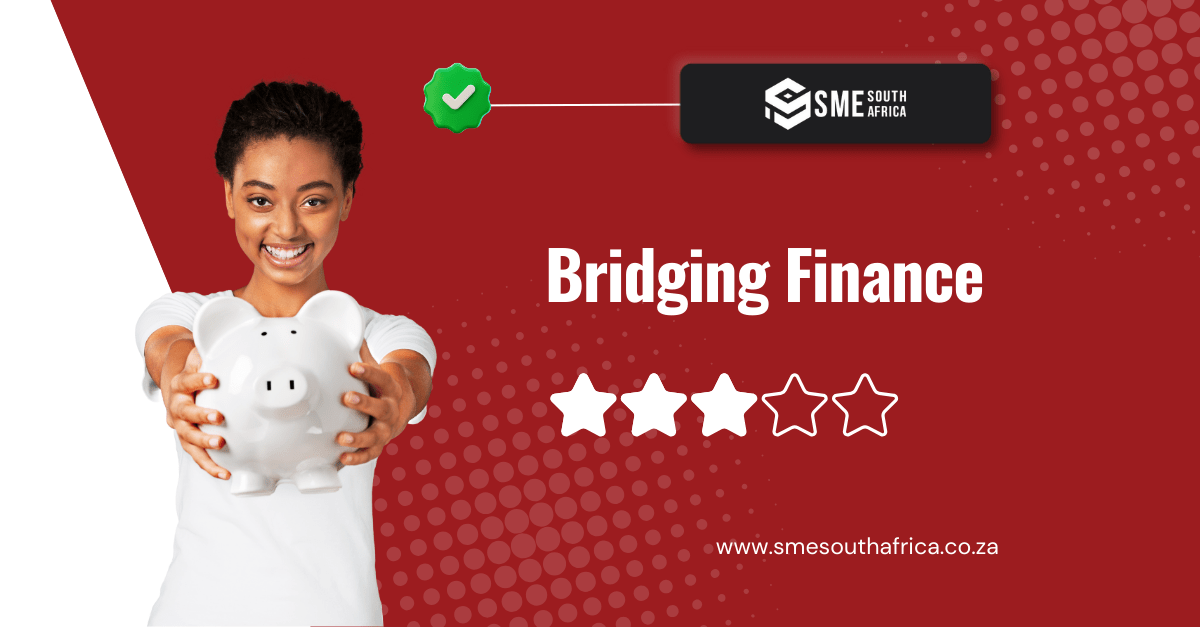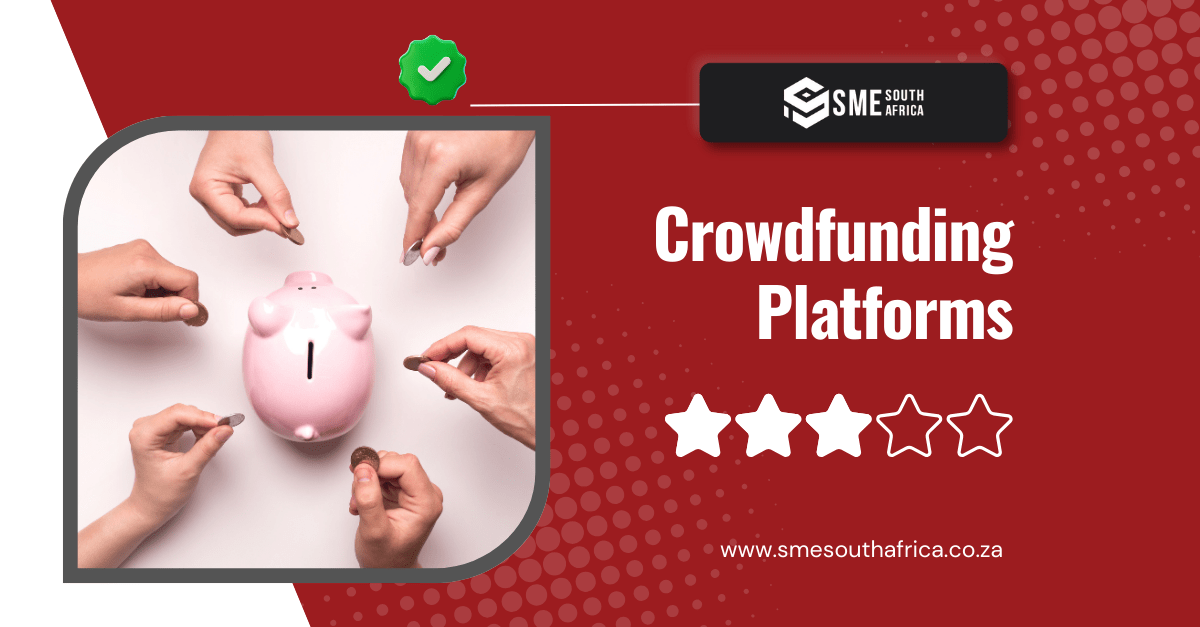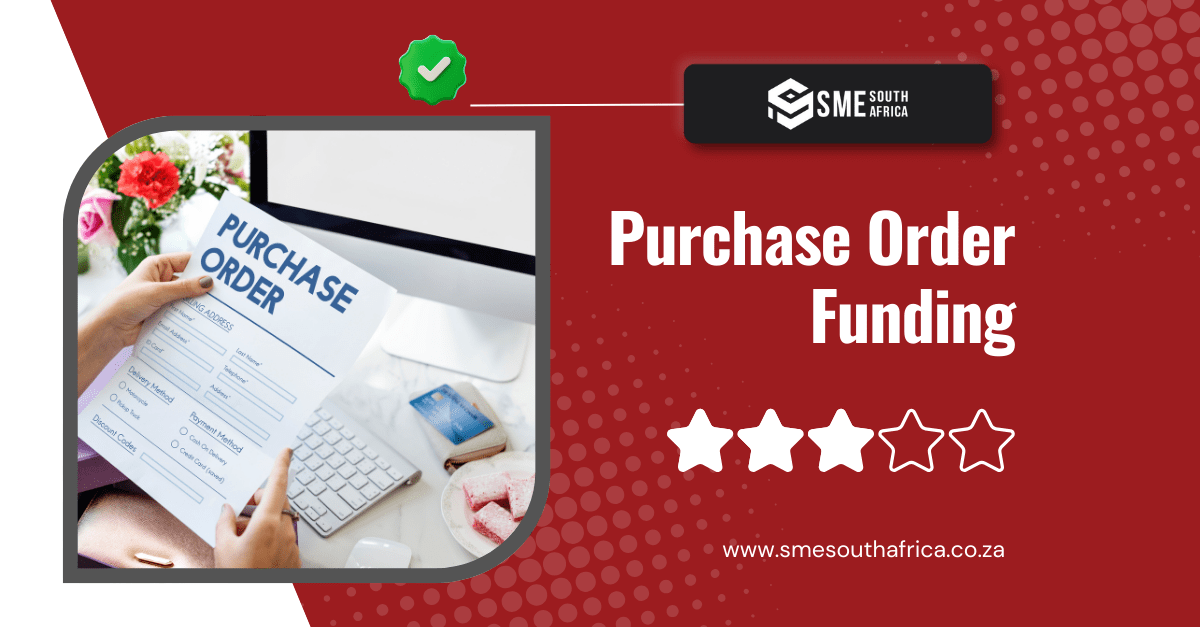
Choosing the right financing option when starting a business won’t only save your business money in the long run, but can set up your business up for future success.
For a new business venture there are three main funding types – equity, debt or grant funding. With equity funding business owners gives up shares in their company in exchange for the money they need. If you are considering this type of funding to kick start your new venture your best options are venture capital or equity crowdfunding. Debt funding involves a business raising capital by borrowing money, for example traditional bank loans. Lastly, the government provides business grants which are a type of development funding offered by the government to support the growth of small and micro businesses
The compact guide below covers in detail the most common financing options for new business ventures and the requirements for each one.
Bank loans
While most banks offer business loans, securing one as a startup will be challenging. This is largely because most banks require a track record to show that you will be able to pay them back.
While banks’ lending standards are stringent, you may be able to secure a loan if you can show any of the following.
- A strong personal credit score.
- Can provide collateral in the form of assets to secure your loan.
- Extensive previous business experience.
If you meet the criteria above, to apply you will need the following:
- Financial documents
- South African ID
- Notice of incorporation
- Registration certificate
- Shareholder certificate
- 6 months bank statements (if applicable)
- Annual financial statements
- Year-to-date management accounts
- Cash flow statements
- Income statements
- Balance sheets
- Business plan
Government grants
The South African government is charged with supporting and encouraging SMEs in the country. Their efforts, in this regard, largely focus on providing financial support for entrepreneurs starting businesses.
Some of the funding instruments offered by the government are:
- Full or cost-sharing grants are usually not repayable.
- Incentives which reimburse a business after the event has occurred.
- Equity funding with the government funding agency buying a certain part of your business in return for percentage shareholding.
The majority of grants are industry-specific and/ or focus on a particular group of people, such as women, youth, disabled, black business owners, or co-operatives.
Read more: Non-Repayable Business Grants in South Africa
Documents you may be asked to produce to access government grants (as provided by National Youth development Agency) are as follows:
- Tax clearance certificate
- National identification card
- Company registration documents
- Comprehensive business plan proposal and the required.
- Latest business/personal bank statements (six months)
- Lease agreement of where you are doing your business
- A loan breakdown of how much you need and what you intend to use it for
- Proof of residence
- One-year financial statements
Read the full article: A Guide to Government Funding for SMEs
Crowdfunding
Crowdfunding can help business owners to secure the financing they need to start a new business venture. The funds, with this method, are sourced from many individuals who want to see your innovation come to life. In return, investors get rewards or equity in the business.
Entrepreneurs benefit from crowdfunding as it enables them to raise money without putting them in debt. Crowdfunding also has marketing benefits and can provide market validation, which can be valuable for a new business.
Looking to run your crowdfunding campaign? Below is a list of requirements for a successful launch:
- A funding goal
- A project deadline
- Rewards tiers that have already been selected by a backer
- Project description
- Project video and image
- Project FAQs
Access the full guide: Crowdfunding in South Africa
Venture capital funding
Venture capital firms invest money into businesses with high growth potential that will generate a good return on investment.
Before submitting an application for financing for a new business, it is vital to study potential investors. Each investor has different criteria, and some may only invest in certain industries or focus on women-owned, young-owned, or Black-owned firms.
Documents you may be asked to produce (as information provided by Business Partners Ltd) include:
- A comprehensive business plan
- Certified copies of company registration, identity documents
- If you are buying a business, a copy of the purchase agreement
- For an existing business, recent signed annual financial statements, up-to-date management accounts – this includes a balance sheet and income statement with projections for the next 12 months
- Cash-flow forecast
- Bank statements for at least three months
Access the full guide: Venture Capital Funding in South Africa











